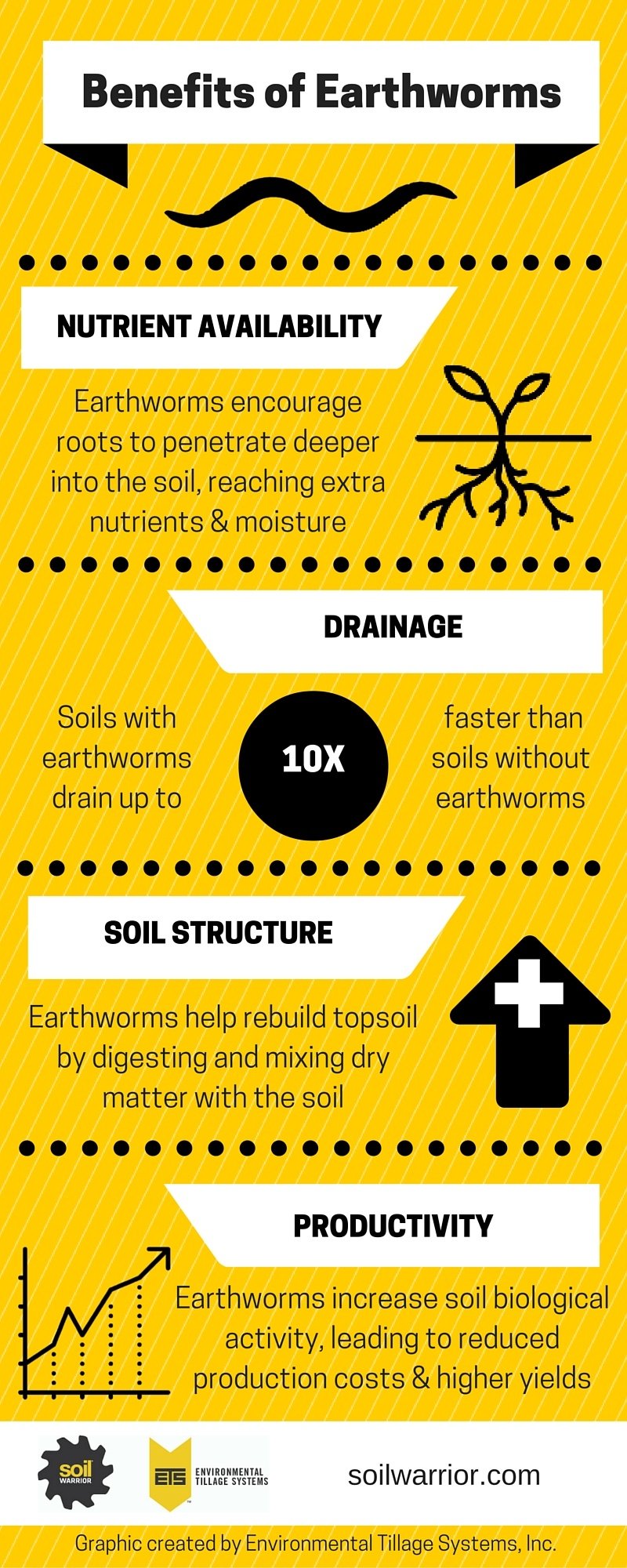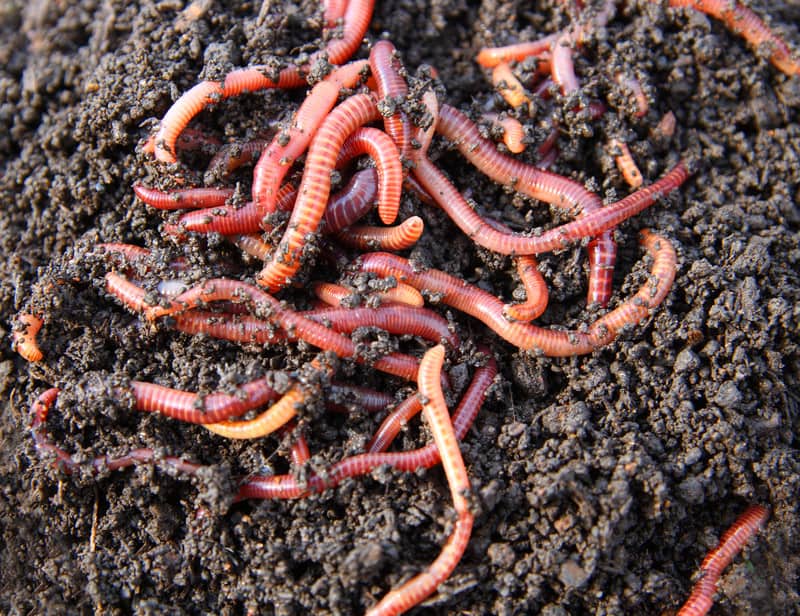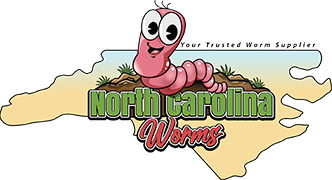North Carolina Worms Fundamentals Explained
Table of ContentsGet This Report on North Carolina WormsNot known Facts About North Carolina WormsMore About North Carolina WormsNorth Carolina Worms for Beginners
Instance: 1-gallon of worm spreadings to 4 gallons of potting mix. 1/2 cup in the bottom of the planting hole for smaller sized plants. 1 mug for larger plants.

The addition of tea can additionally include enhanced microbial biomass to your dirt. You can always side-dress your plants with worm castings any time. Simply remember, the microorganisms will die if exposed to UV rays (Sun), so make certain to cover the spreadings with an inch or so of dirt.
This frustrated them for years up until the screening methods came to be better. It would certainly get far better(with even more castings), level off, and after that decrease. As well many worm spreadings would increase the growth to a rate that the plant can not recuperate from.
Some Known Details About North Carolina Worms
Several herbicides deal with this very same concept. 20% by volume appears to be the "Sugary food Area". I have expounded the virtues of worm spreadings for concerning 2000 words. What about the opposite of the coin? Absolutely nothing is best. Worm spreadings are no various. It requires time to create quality worm spreadings.
Worm spreadings certainly cost more than chemical plant foods. Worm spreadings are on the less expensive end of organic fertilizers. (50 gallons per year) It is a much more challenging and very costly financial investment to generate big quantities of worm castings.

As a matter of fact, producing a healthy and balanced dirt might be the biggest benefit of worm spreadings. Healthy and balanced dirt was talked about and just how essential this has actually come to be to everyone. The leading 10 advantages of worm spreadings were likewise presented. We went over worm castings NPK and likewise the correct nutrient evaluation that need to put on worm spreadings.
The Facts About North Carolina Worms Revealed
We chatted about some of the drawbacks associated with worm spreadings. I covered a lot of material in this short article.
The vertical burrows are generally open, although the worms top the leading with deposit and excrement. Roots require oxygen for their growth, whereas they generate carbon dioxide that requires to leave the soil.
Earthworms raise porosity by two mechanisms: (1) by developing permanent burrows, and (2) by enhancing soil aggregation. Gathering is enhanced by the blending of soil and raw material in the earthworms' guts. Lenoir NC Worms For Sale. These extremely secure aggregates are deposited by some earthworms in their burrows, and by others at the surface of the soil


In one more research study, earthworms were estimated to consume 4 to 10 percent of the leading 6 inches of the soil yearly. This only mosts likely to reveal the massive amounts of dirt that can be processed by earthworms. Dirt compaction lowers the porosity of the dirt. Due to the fact that earthworms increase porosity, they decrease the effects of compaction.
The Definitive Guide for North Carolina Worms
Regular earthworm populaces can easily consume 2 lots of completely dry matter per acre per year, partly digesting and blending it with dirt. The value of earthworms to mix surface deposit with soil ends up being extremely clear in dirts that do not have any kind of earthworms. Most of our Pennsylvania soils contend the very least some earthworms, and the effect of their total absence, therefore, can not be kept in mind.
They live primarily from partially decomposed raw material that is already included in the dirt. They eat their means with the soil, producing straight burrows that they fill with their excrement. These types ingest big quantities of soil that they blend with absorbed crop deposit in their guts. or anecic varieties live in irreversible vertical burrows that can be 5 or 6 feet deep.
Their burrows stay open, although they top the leading with crop residue that they pull to the entryway. These varieties consume significant amounts of dirt that they blend with digested residue in their intestines. Their waste matter is mainly transferred at the surface area of the soil. The nightcrawler Lumbricus terrestris is the most popular member of this group.
Comments on “Get This Report about North Carolina Worms”